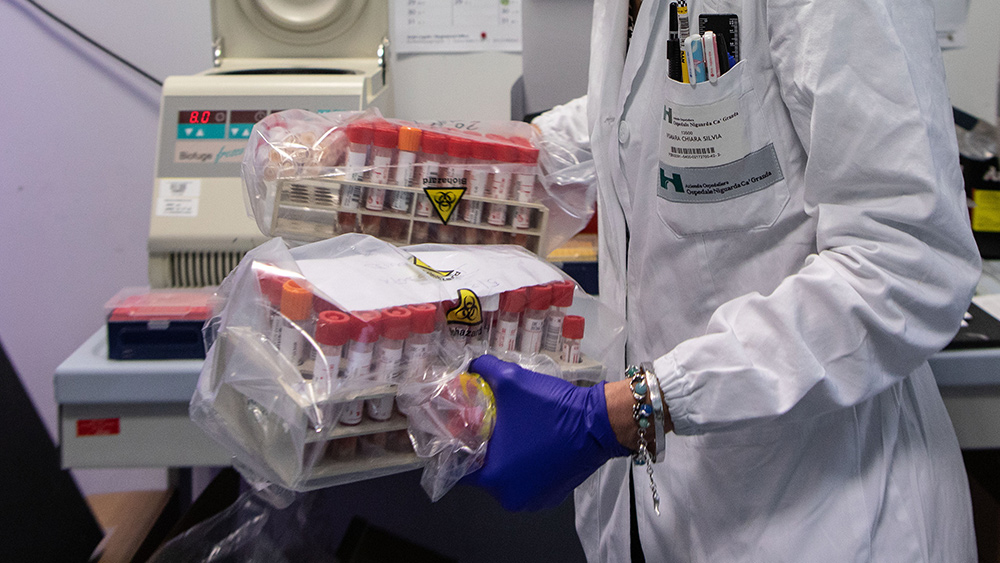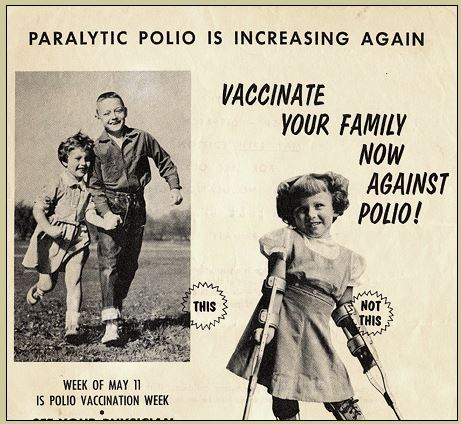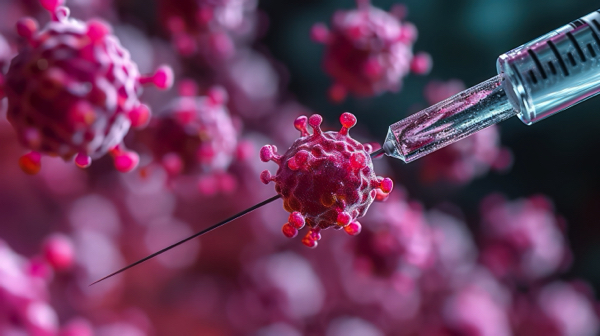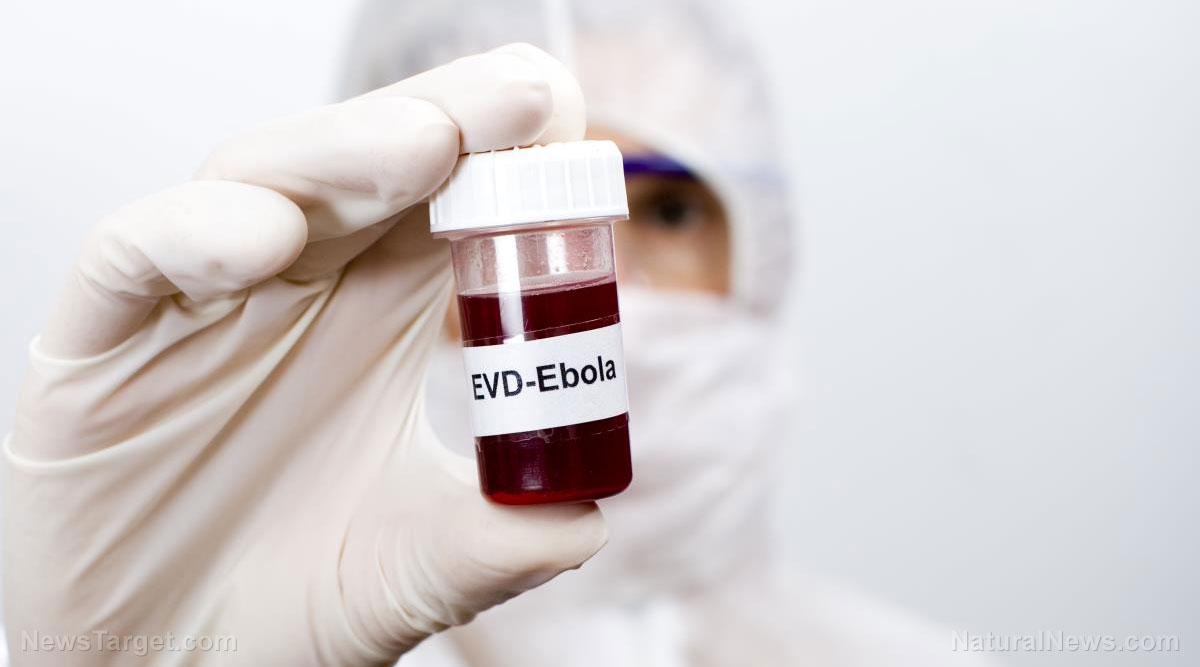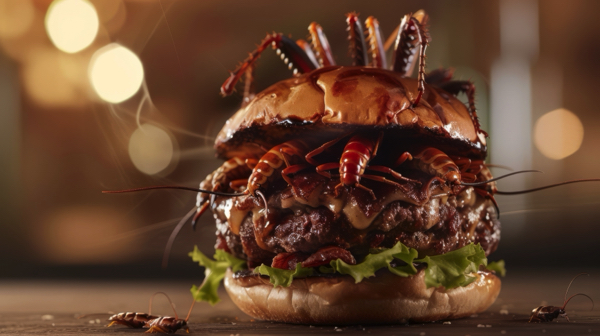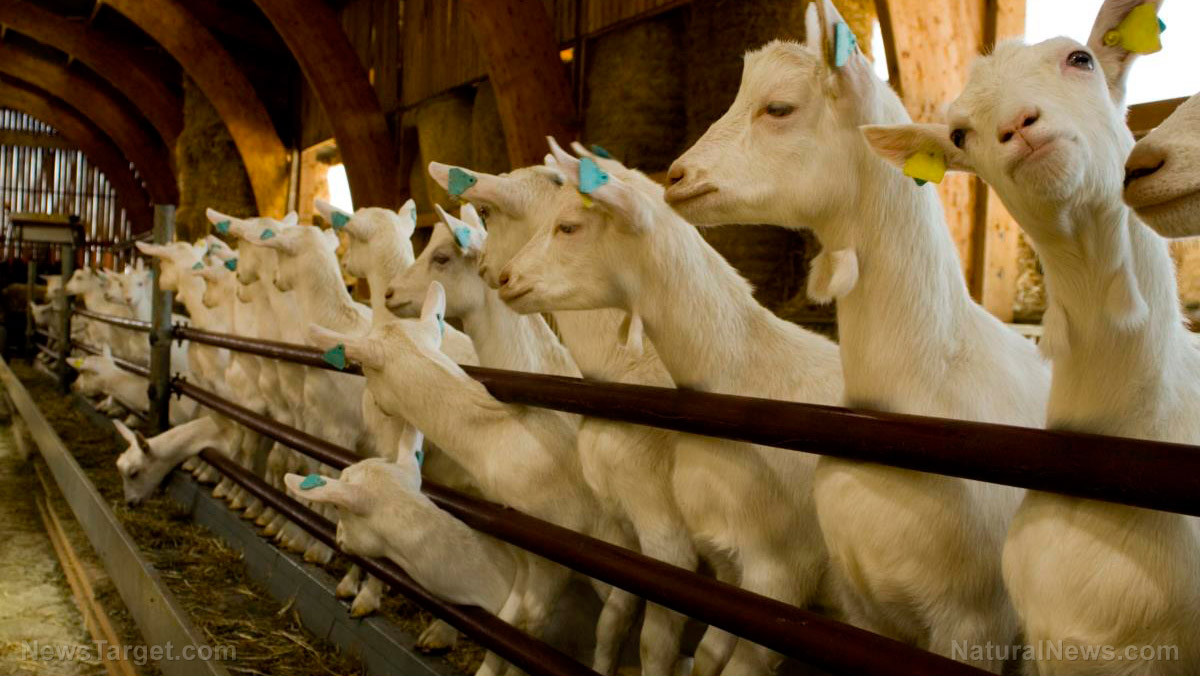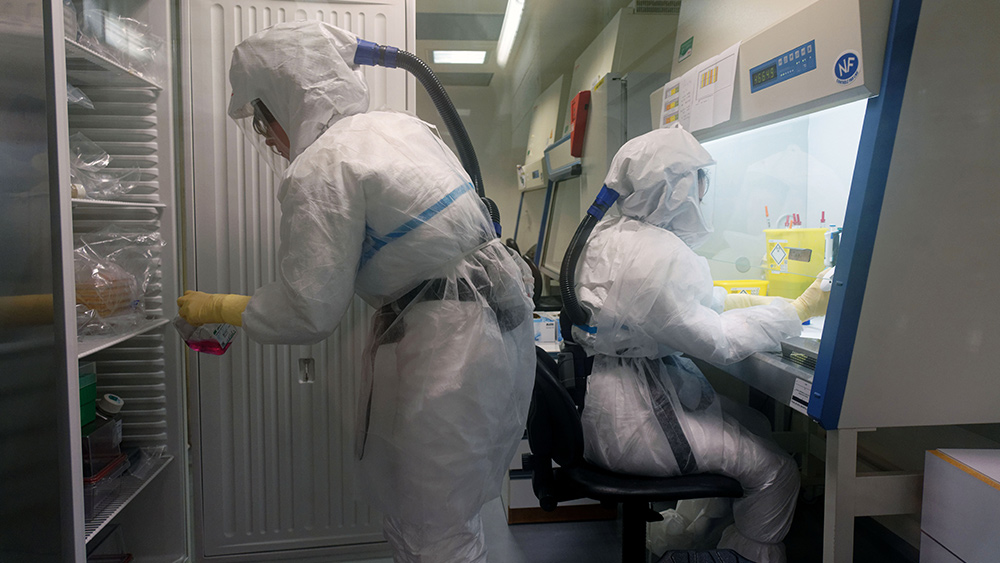Australia and New Zealand propose new law scrapping GMO labeling requirements on food
09/12/2024 / By Cassie B.

It’s becoming increasingly common to find food on American store shelves that admits to being GMO or “bioengineered” in the fine print, but shoppers in Australia and New Zealand may soon not even have the benefit of this crucial disclosure if a proposed law is passed.
Researcher Kate Mason is warning that Australia and New Zealand’s food authority, FSANZ, has proposed amendments to its current Food Standards Code that would see gene-edited foods being deregulated and labels disappearing altogether, leaving consumers who seek real food in the dark about the true origins of the products being sold in supermarkets there.
Under the proposal, any foods that do not contain novel DNA won’t be considered genetically modified – even if they were processed using new breeding techniques, vastly altering the definition of genetically defined foods there. The agency also maintains that foods created using new techniques for genetic modification do not need extensive testing because they are somehow equivalent to their conventional counterparts.
Mason wrote: “FSANZ asserts that genetically edited food is the same as natural-conventional food, that it has the same “characteristics.” Under this definition, lab meat may be seen as the same as meat, as the lab meat has added synthetic vitamins and minerals which match the natural levels of vitamins and minerals in meat.”
She also cautioned that the move could ultimately result in the worldwide processed food industry self-regulating gene-edited food, putting everyone at risk of unknowingly consuming engineered “foods.”
GeneEthics Director Bob Phelps echoed Mason’s warning, cautioning that the new definitions of “gene technology” and “food produced using gene technology” would mean that the gene-modified organisms and chemicals that are used in producing synthetic food would be exempt from regulations. In fact, the food industry would not even be required to inform FSANZ that it used the technology.
Profits over people
Phelps noted: “So, gene-edited fake meat, mock milk, synthetic seafood, processing aids, additives, nutritive substances, colourings and flavourings – even those not yet invented – would be sold in secret.
“Shoppers would entirely lose our right to know and choose what to feed our families,” he added, pointing out that FSANZ is putting the interests of the junk food industry above human health.
FSANZ even admitted as much in an official document, explaining that changing these rules would benefit the food industry in the form of “increased profits” as well as “increased production efficiencies.”
A period for consumers to voice objections to the proposal closed on September 10, but the Soil & Health Association of New Zealand is among those calling on FSANZ to extend the consultation period so that people have more time to submit objections.
They explained the dangers involved, with co-chair Jenny Lux pointing out the threat it poses to the organic food sector.
“Introducing gene-edited products into our food system without clear labels could inadvertently lead organic foods to contain genetically engineered ingredients. This is unacceptable and undermines the trust consumers place in organic labels,” she stated.
GMO foods linked to serious health effects
There are no long-term studies demonstrating the safety of consuming GMO foods in humans, but the fact that cancers are caused by DNA mutations has prompted concerns about consuming foods with added genes. Moreover, GMO crops are engineered to withstand liberal herbicide use, putting those who consume them at risk of cancer and other health problems associated with the use of glyphosate and other agrichemicals.
On top of the potential health and environmental problems inherent to foods created with the gene editing process, allowing them to flood the market unchecked will lead to a bigger supply of the type of ultraprocessed foods associated with a slew of serious issues ranging from obesity and heart problems to diabetes and colorectal cancer.
Although many food producers who use these techniques do their best to obscure them from the public, savvy consumers who are willing to put in the research can usually avoid them. Unfortunately, it is about to become a lot more difficult for those in Australia and New Zealand to identify GM foods and protect their health.
Sources for this article include:
Submit a correction >>
Tagged Under:
Big Food, big government, clean food watch, conspiracy, consumer rights, corruption, dangerous, deception, Food Evolution, food freedom, food labeling, food supply, gene-edited food, GM foods, GMOs, grocery, insanity, outrage, products, stop eating poison, toxins
This article may contain statements that reflect the opinion of the author
RECENT NEWS & ARTICLES
COPYRIGHT © 2017 BIO TECH NEWS

